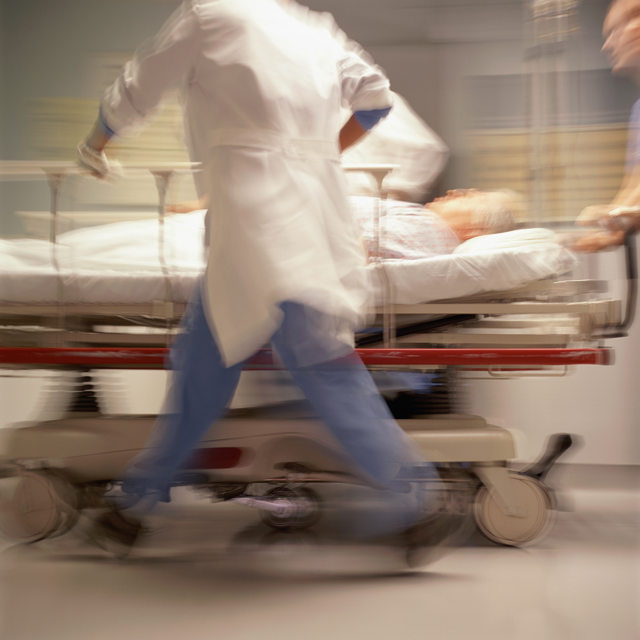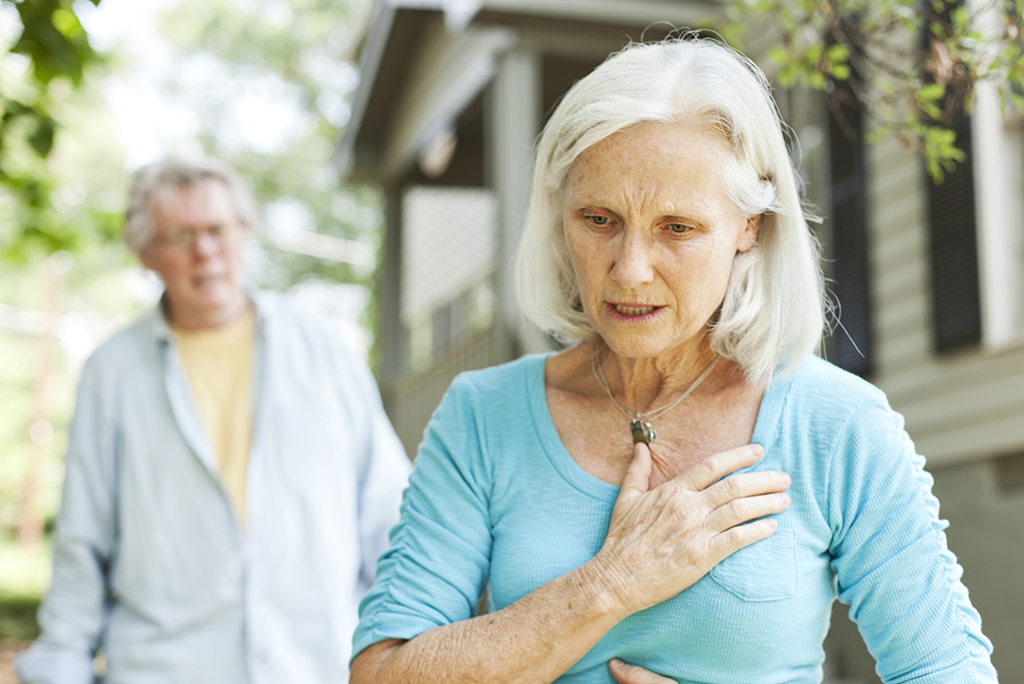
When Should I Go to the ER for Chest Pain?
Penn Emergency Room Heart Care
Heart attacks are emergencies. You should never question when to go to the ER for chest pain – Go! Ignoring your symptoms and delaying care can result in disability or even death. If you have chest pain that lasts for more than a few minutes or comes and goes, call 911 or go to the closest Penn emergency room. Penn Highlands emergency cardiovascular care offers the best treatment for cardiac emergencies throughout central Pennsylvania.
What Are the Symptoms of Cardiac Emergencies?
Chest pain is the most commonly reported symptom of cardiac emergencies and heart attack in both men and women. But it doesn’t feel the same to everyone. Some people describe chest pain as discomfort or pressure and others describe the pain as crushing—as though someone is sitting on your chest.
And not everyone experiences chest pain during a heart attack or cardiac emergency. In fact, as many as one in three heart attack survivors report having no chest pain at all, according to the American College of Cardiology.
Aside from chest pain or discomfort, the following symptoms are common during heart attack, especially in women:
- Discomfort in the upper body, including one or both arms, back, neck, jaw, or stomach
- Shortness of breath, with or without chest discomfort
- Cold sweats
- Nausea or lightheadedness

Emergency Medicine
Emergency Department - Connellsville
Emergency Department and Trauma Center- DuBois

Emergency Medicine
Emergency Department - Clearfield
Emergency Department - Huntingdon
Emergency Department - State College
Emergency Department - Tyrone
Emergency Department and Trauma Center- DuBois

Emergency Medicine
Emergency Department - Connellsville
Emergency Department - Mon Valley
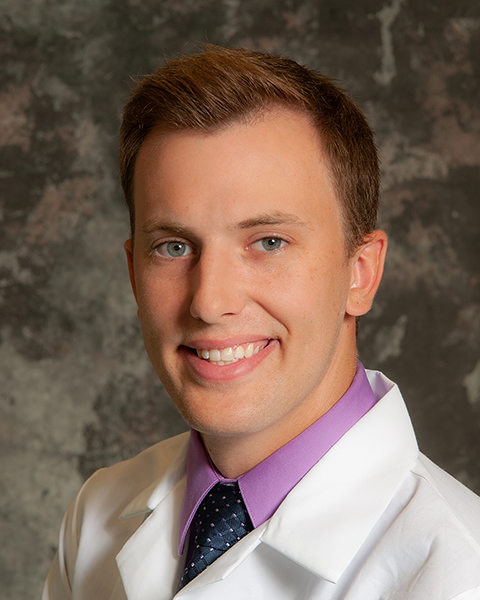

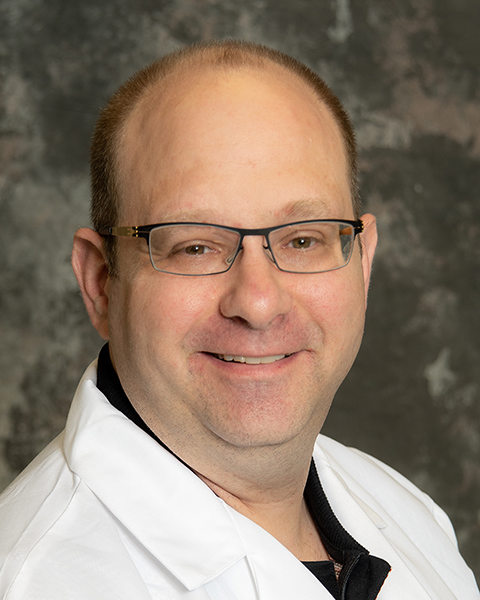

Emergency Medicine
Emergency Department - Elk
Emergency Department and Trauma Center- DuBois


Emergency Medicine
Emergency Department - Clearfield
Emergency Department and Trauma Center- DuBois
Huntingdon Emergency Group PC
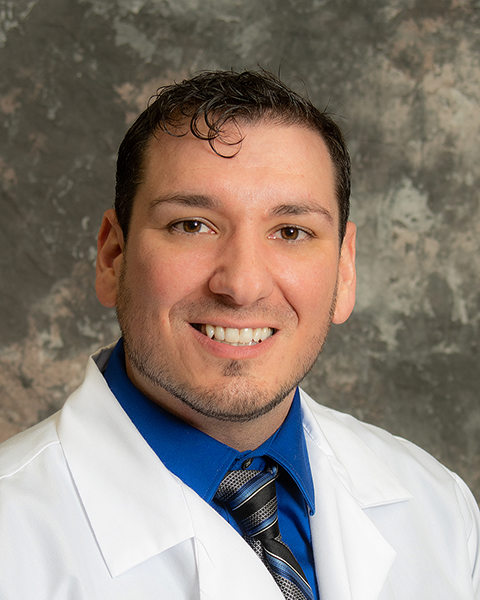
Emergency Medicine
Emergency Department - Clearfield
Emergency Department - State College
Emergency Department - Tyrone
Emergency Department and Trauma Center- DuBois

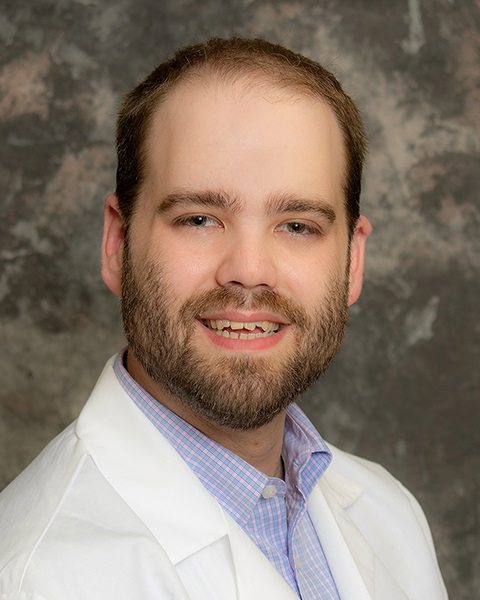
Emergency Medicine
Emergency Department - Brookville
Emergency Department - Clearfield
Emergency Department - Elk
Emergency Department - Tyrone
Emergency Department and Trauma Center- DuBois


Emergency Medicine
Emergency Department - Connellsville
Emergency Department - Mon Valley


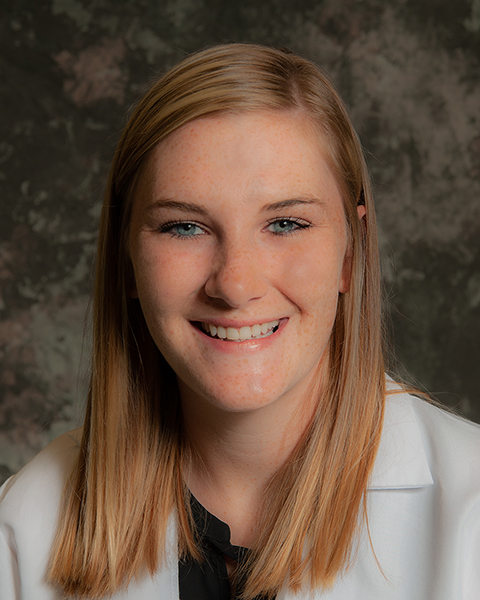
Emergency Medicine
Emergency Department - Clearfield
Emergency Department - Elk

Emergency Medicine
Hospitalists
Emergency Department - Mon Valley
Penn Highlands Mon Valley
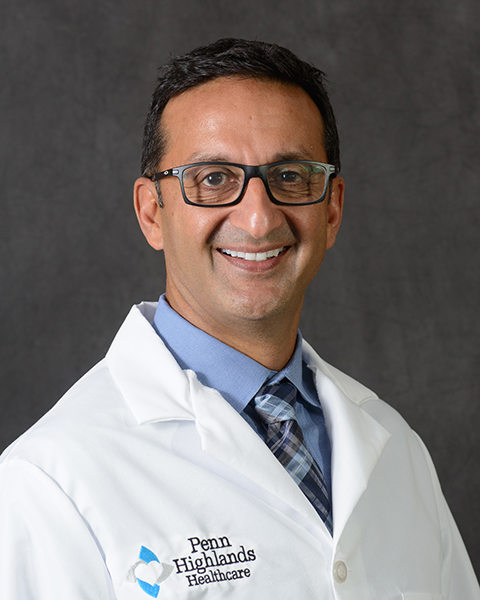

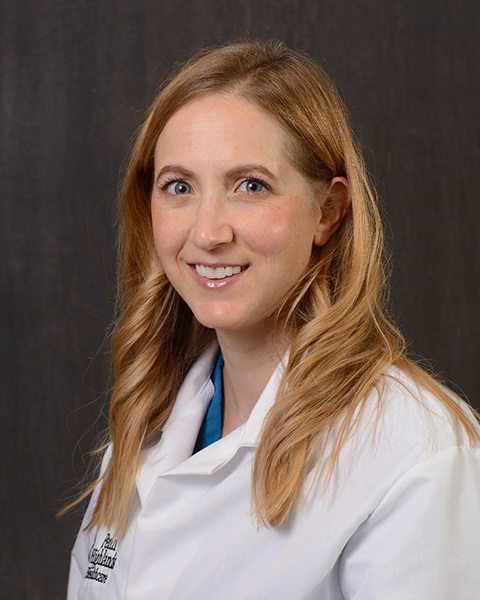

Emergency Medicine
Emergency Department - Brookville
Emergency Department and Trauma Center- DuBois

Emergency Medicine
Emergency Department - Brookville
Emergency Department - Clearfield
Emergency Department - Elk
Emergency Department and Trauma Center- DuBois
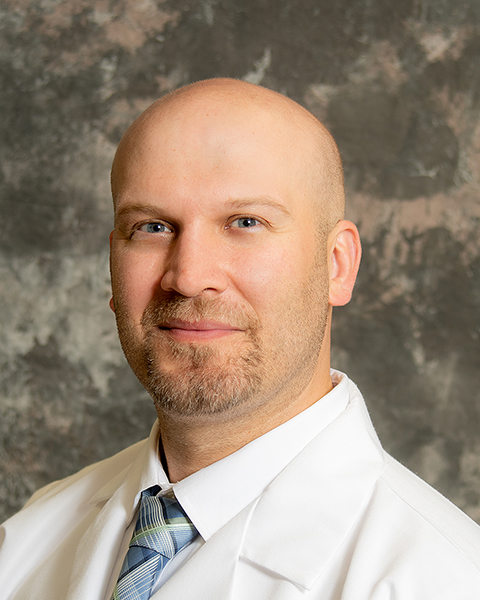
Emergency Medicine
Emergency Department - Brookville
Emergency Department - Elk
Emergency Department - Huntingdon
Emergency Department - State College
Emergency Department - Tyrone
Emergency Department and Trauma Center- DuBois

Emergency Medicine
Emergency Department - State College
Emergency Department - Tyrone
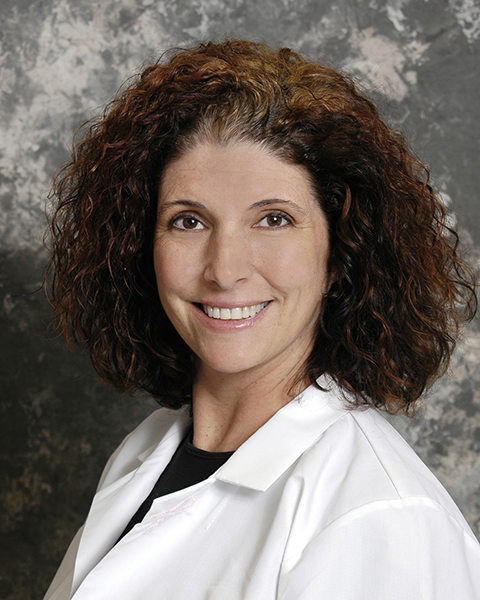
Emergency Medicine
Emergency Department - Brookville
Emergency Department - Clearfield





Emergency Medicine
Emergency Department - Brookville
Emergency Department and Trauma Center- DuBois

Emergency Medicine
Emergency Department - Connellsville
Emergency Department - Mon Valley
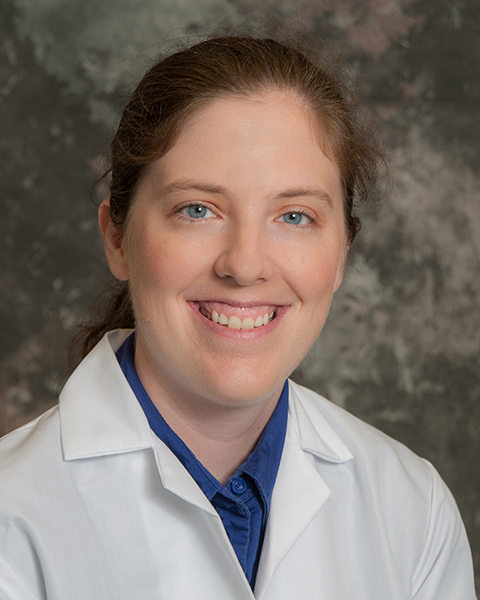

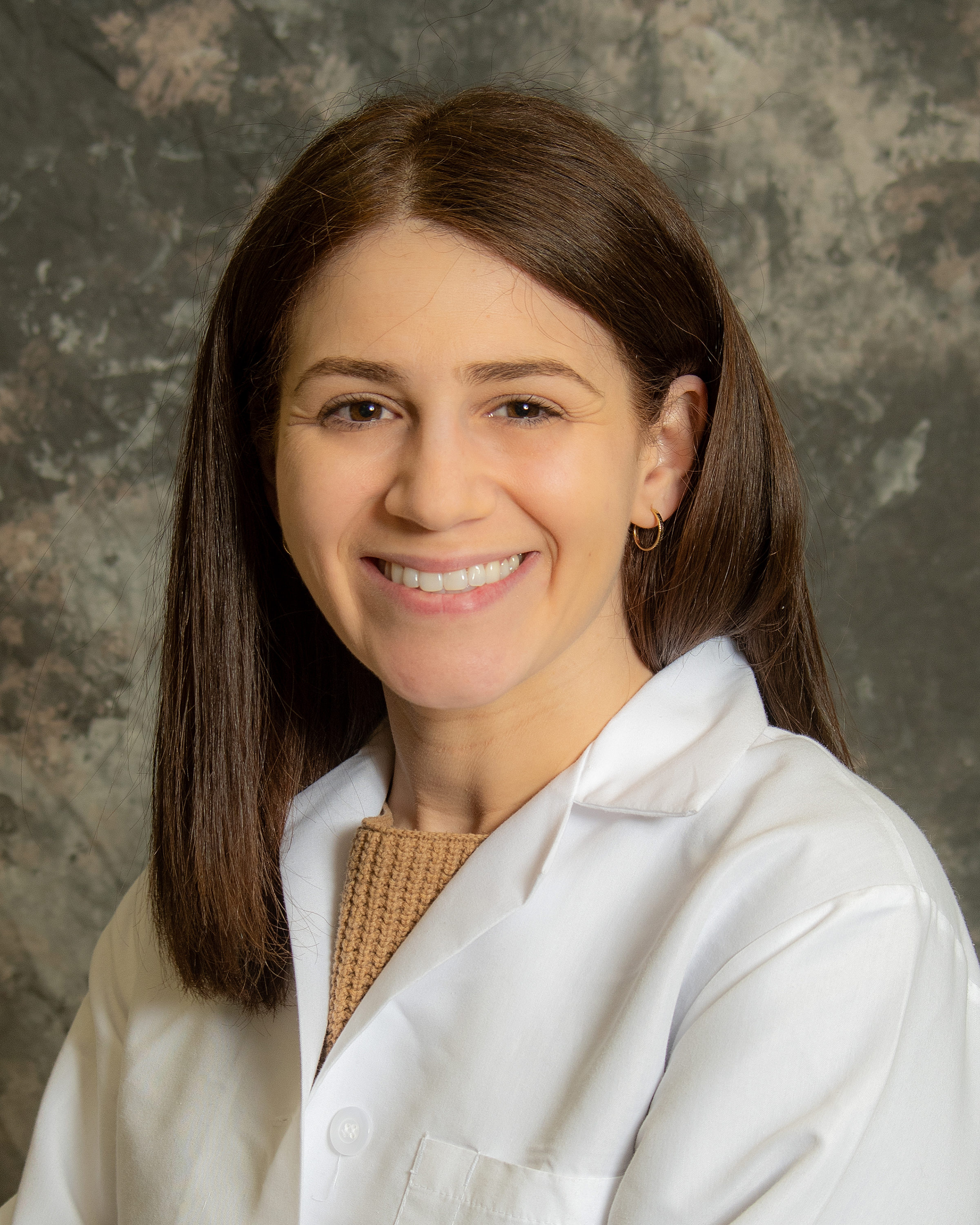



Emergency Medicine
Emergency Department - Huntingdon
Emergency Department - State College
Emergency Department - Tyrone

Emergency Medicine
Emergency Department - Clearfield
Emergency Department and Trauma Center- DuBois
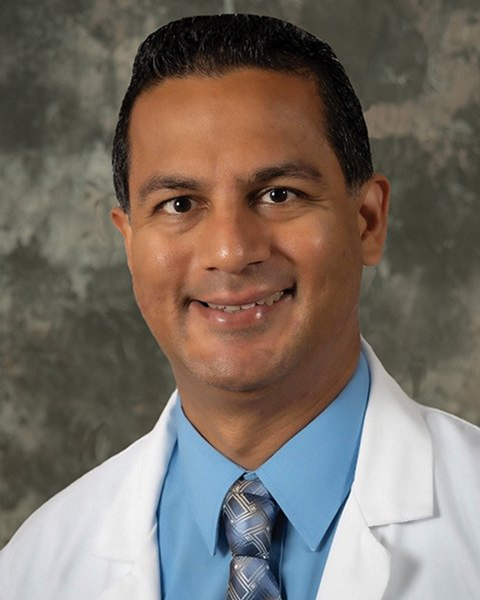
Emergency Medicine
Emergency Department - Huntingdon
Emergency Department - Tyrone

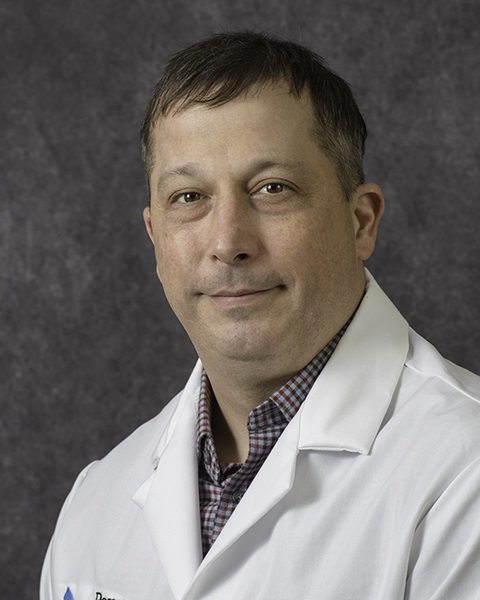
Emergency Medicine
Emergency Department - Connellsville
Emergency Department - Mon Valley

Emergency Medicine
Emergency Department - Huntingdon
Emergency Department - State College
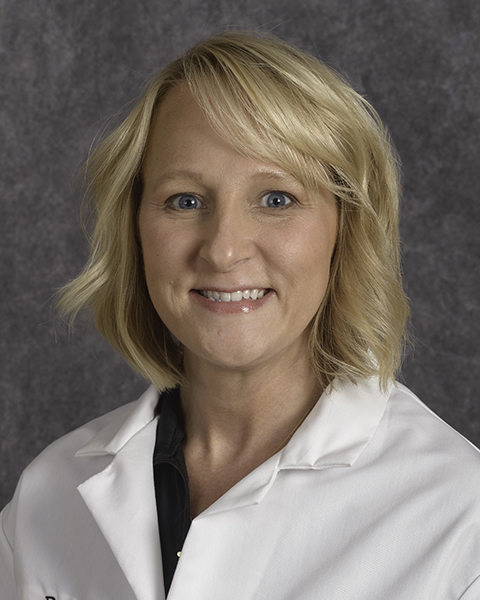
Emergency Medicine
Hospitalists
Emergency Department - Mon Valley
Penn Highlands Mon Valley

Emergency Medicine
Emergency Department - Elk
Emergency Department and Trauma Center- DuBois


Emergency Medicine
Emergency Department - Huntingdon
Emergency Department - State College
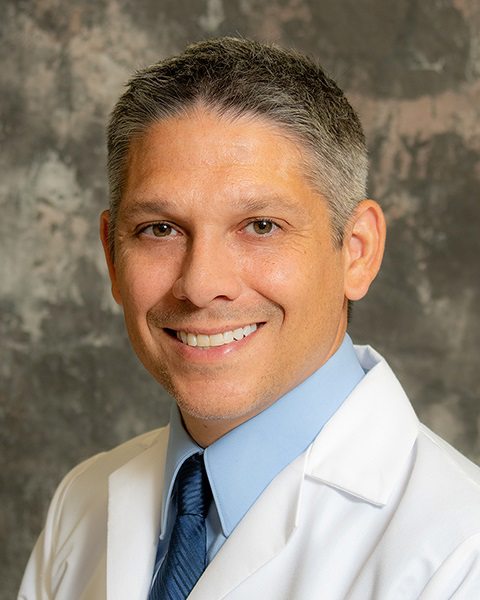
Emergency Medicine
Emergency Department - Huntingdon
Emergency Department - State College
Emergency Department - Tyrone
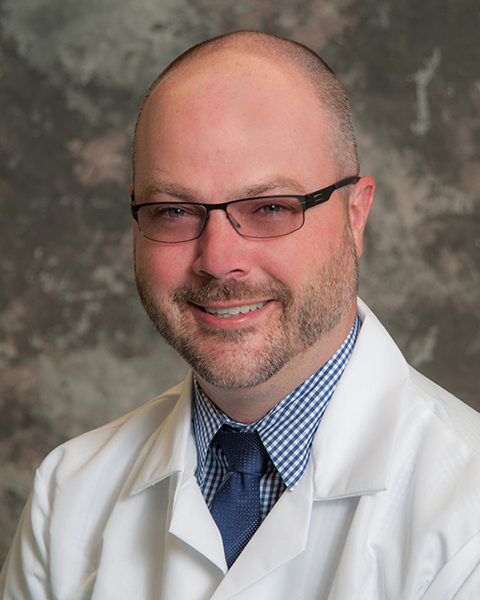
Emergency Medicine
Emergency Department - State College
Emergency Department and Trauma Center- DuBois

Emergency Medicine
Emergency Department - Brookville
Emergency Department and Trauma Center- DuBois


Emergency Medicine
Hospitalists
Emergency Department - Mon Valley
Penn Highlands Mon Valley
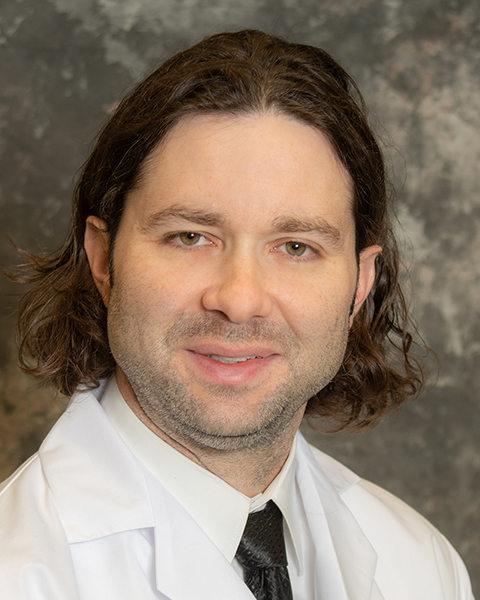
Emergency Medicine
Emergency Department - Elk
Emergency Department and Trauma Center- DuBois
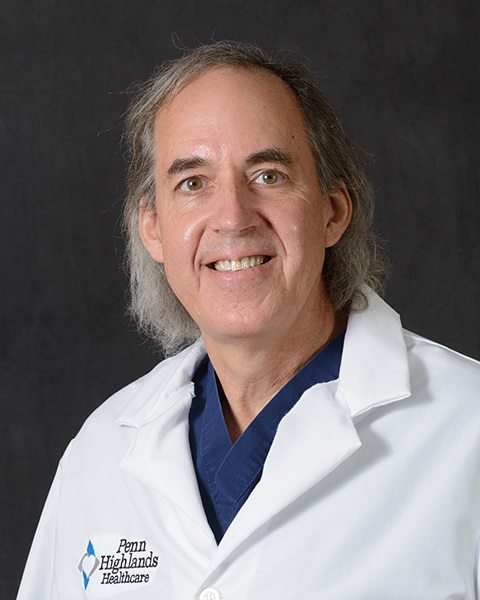
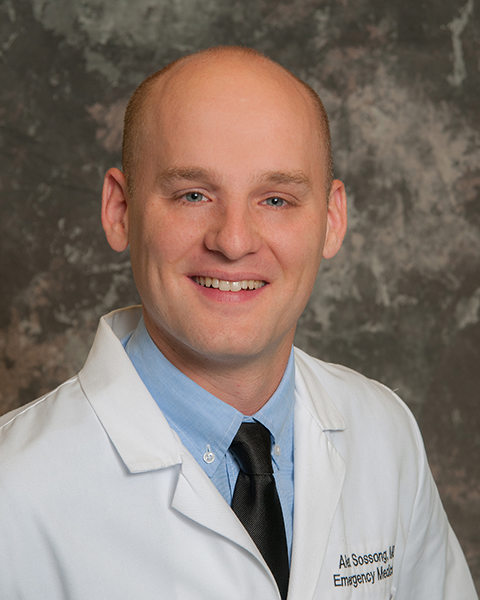

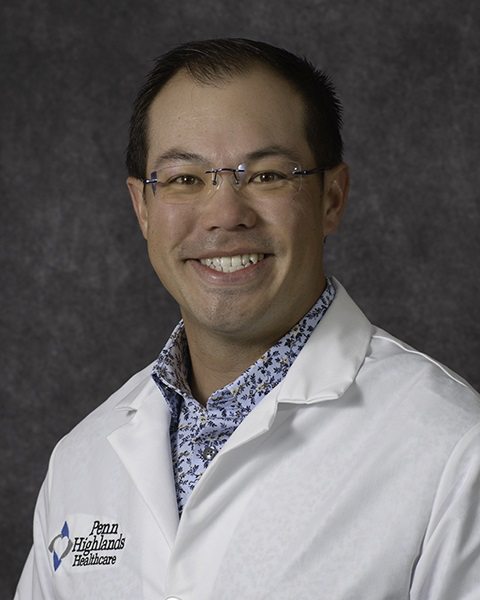


Emergency Medicine
Emergency Department - Huntingdon
Emergency Department - State College
Emergency Department and Trauma Center- DuBois
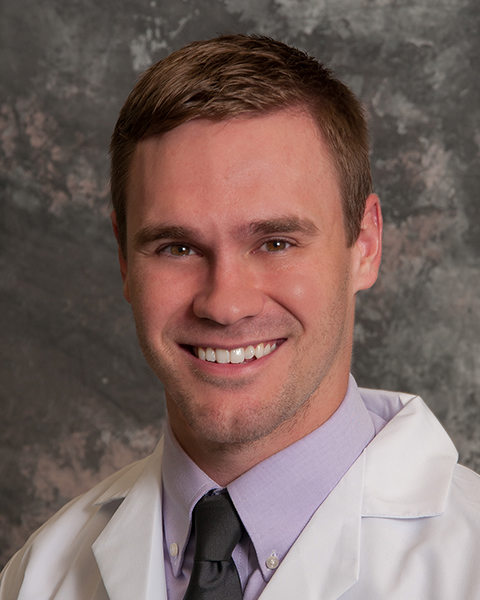
Emergency Medicine
Emergency Department - Clearfield
Emergency Department - Elk
Emergency Department and Trauma Center- DuBois

Emergency Medicine
Emergency Department - Connellsville
Emergency Department - Mon Valley


Emergency Medicine
Walk-in Clinic
Huntingdon Emergency Group PC
QCare HuntingdonA Service of Penn Highlands Huntingdon

Emergency Medicine
Emergency Department - Brookville
Emergency Department - Clearfield
Emergency Department - Elk
Emergency Department and Trauma Center- DuBois

Emergency Medicine
Emergency Department - Brookville
Emergency Department - Clearfield
Emergency Department - Elk
Emergency Department - Huntingdon
Emergency Department - State College
Emergency Department and Trauma Center- DuBois
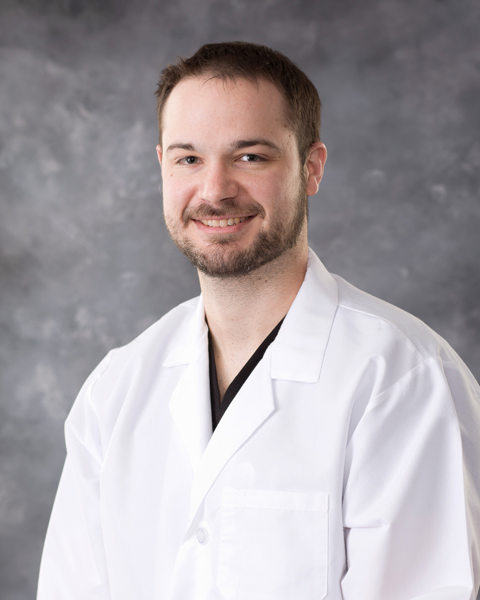
Emergency Medicine
Emergency Department - Clearfield
Emergency Department - Huntingdon
Know the symptoms of a heart attack, save a life, download our pocketguide signs of a heart attack now and keep it with you.
Should I Go to an Emergency Room for Heart Attack or Call 911?
Heart attack is a cardiac emergency that could lead to disability or death if not treated in time. Emergency rooms are equipped to rapidly diagnose and treat heart attacks.
Unless you’re just down the street from an ER, it’s best to call 911 if you think you’re having a heart attack. The medics can begin lifesaving treatment as soon as they reach you and continue care on the way to the hospital. They also will alert the Penn emergency room staff of your condition so a heart attack team can be assembled in preparation of your arrival. Ask to be transported to an emergency room for heart attack that specializes in cardiac emergencies and heart care.
Never drive yourself to the ER if you think you’re having a heart attack.
What Will Happen in the ER if I Come in with Chest Pain?
Whether you arrive by car or ambulance, if you show up to the ER with chest pain or other symptoms of a heart attack, you will be seen promptly. The first step will be to get an electrocardiogram (ECG). This painless test uses electrodes to check your heart’s electrical activity. It can signal a heart event.
Next an ER doctor will evaluate you. They will ask questions about your health history and symptoms and perform a physical exam. You’ll then likely have bloodwork and possibly an X-ray or other imaging test.
What Type of Treatment Will I Receive for my Cardiac Emergency?
If your emergency cardiovascular care team determines you’re having a heart attack, they will advise you of the treatment plan, which might include medication, heart catheterization, or heart surgery. Medication is designed to dissolve any blood clots causing your heart attack, but that’s not always enough. Heart catheterization is a procedure in which a physician threads a needle and a tiny balloon through a blood vessel to your heart. They then inflate the balloon where the blockage is in your heart to open the vessel and allow blood to flow.
Where Can I Find a Penn Emergency Room for Chest Pain Near Me?
If you think you are experiencing a cardiac emergency such as a heart attack, call 911 or get to the nearest Penn emergency room. The Penn Highlands hospitals across central Pennsylvania provide top emergency cardiovascular care. Our highly trained emergency room for heart attack teams are expert in chest pain and cardiovascular emergencies, and provide 24-hour care for all medical emergencies, 365 days a year. Adults and children of all ages, regardless of ability to pay, are always welcome in our Penn Highlands emergency rooms.
Located on the second floor of Penn Highlands Brookville, the Emergency Department offers 24-hour emergency care to patients suffering from serious illnesses or injuries.
Located on the first floor of Penn Highlands Clearfield, the Emergency Department offers 24-hour emergency care to patients suffering from serious illnesses or injuries.
Located on the first floor of Penn Highlands Connellsville, the Emergency Department offers 24-hour emergency care to patients suffering from serious illnesses or injuries.
Located on the first floor of Penn Highlands Elk, the Emergency Department offers 24-hour emergency care to patients suffering from serious illnesses or injuries.
Located on the first floor of Penn Highlands Mon Vally, the Emergency Department offers 24-hour emergency care to patients suffering from serious illnesses or injuries.
OPENS SUMMER 2024
Located on the first floor of Penn Highlands State College, the Emergency Department offers 24-hour emergency care to patients suffering from serious illnesses or injuries.
Located on the first floor of Penn Highlands Tyrone, the Emergency Department offers 24-hour emergency care to patients suffering from serious illnesses or injuries.
Located on the first floor of Penn Highlands DuBois, the Emergency Department offers 24-hour emergency care to patients suffering from serious illnesses or injuries.

